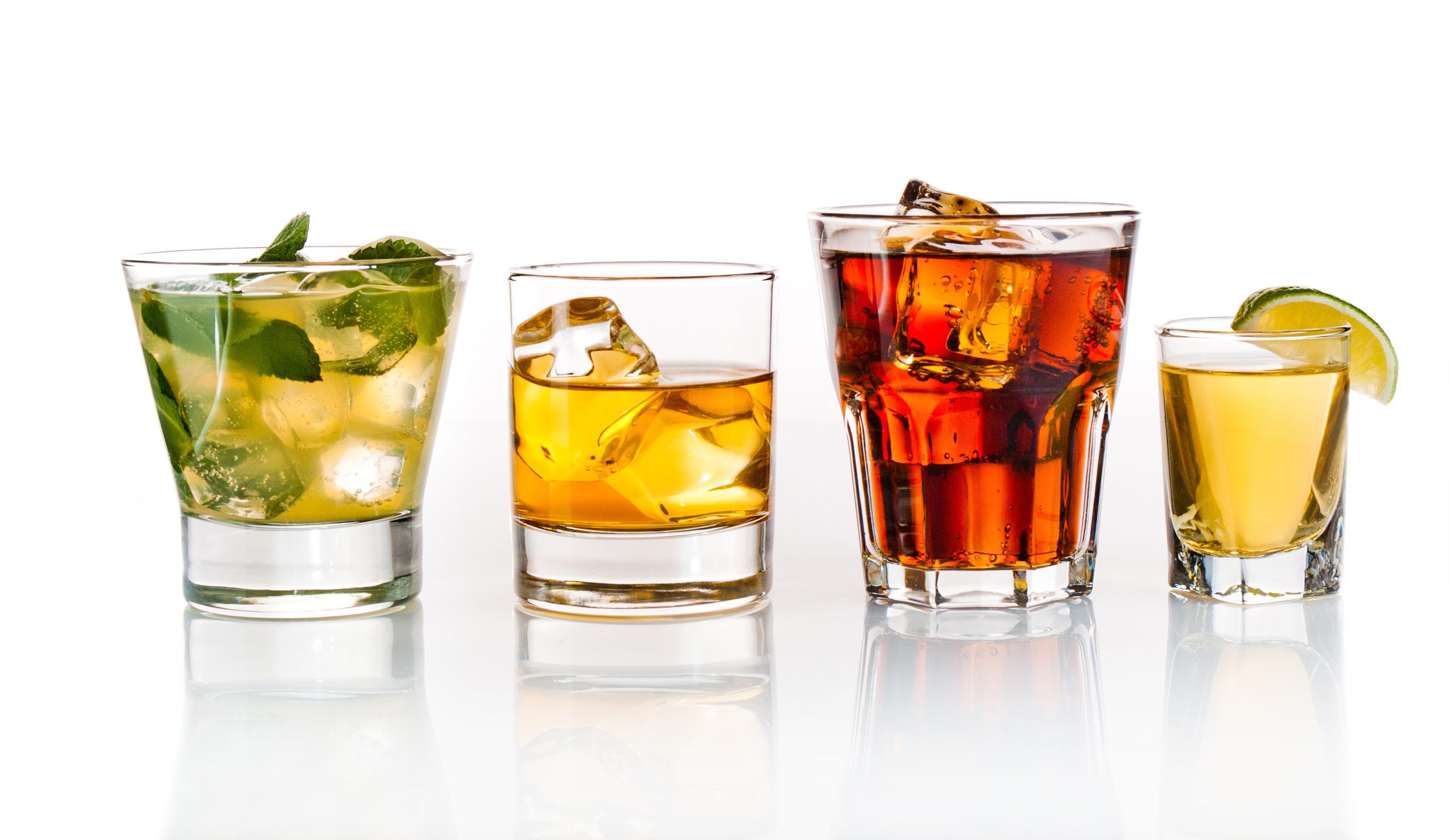Selling alcohol in Florida can be a complex process, and understanding the various regulations and guidelines is essential for any business owner. As such, it’s important to familiarize yourself with the various laws regarding selling alcoholic beverages throughout the state.
At Liquor License Outlet, we will help you understand the rules and regulations of selling alcohol in Florida. The first step is to determine which type of permit or license you need. Depending on the type of business you are operating, you may require a beverage or beer & wine license, a retail liquor store license, or a caterer’s permit. In addition, certain areas within the state may impose specific restrictions on liquor sales.
Contact us today to learn more about the rules and regulations of selling alcohol in Florida. We will provide you with all the information you need to ensure that your business is compliant with state laws, including any local ordinances that may apply.
Requirements For Selling Alcohol In Florida
To sell alcohol in Florida, retailers must adhere to several regulations set out by the state government. Businesses must first obtain a quota license from the Department of Business and Professional Regulation (DBPR). This can be done through an online application or by submitting the necessary paperwork to the DBPR office in Tallahassee. Once approved, businesses will also need to apply for a local liquor license which is granted by each county’s Board of County Commissioners.
In addition, sellers must meet certain criteria established by the Division of Alcoholic Beverages and Tobacco (ABT) under Chapter 561 of Florida Statutes. Sellers are required to have an identity card that designates them as such and they must report all sales of alcohol to the ABT. The card must be prominently displayed in any public area where alcohol is sold and any employees that handle alcoholic beverages must possess a valid seller/server certification card.
Businesses must also comply with specific sale restrictions. Alcohol may only be sold between 7 am and 2 am, seven days a week, and no person under 21 can purchase or consume alcohol on the premises. Furthermore, alcohol cannot be served to visibly intoxicated persons or those without proper identification proving they are at least 21 years old. Businesses must also adhere to other various regulations including proper labeling of alcoholic beverage containers, licensed hours for serving beer/wine/spirits, and more.
By following all applicable rules and regulations set out by the DBPR, ABT, and local governments, businesses can successfully adhere to requirements for selling alcohol in Florida.
Florida Liquor License Application Process

The Florida liquor license application process requires applicants to complete some basic requirements before submitting their applications. This includes obtaining a local government permit, paying the fee, and providing proof of identity, age, and residency. Additionally, applicants must provide information regarding their business entity type as well as financial records related to financial responsibility.
Florida law also states that each applicant for a liquor license must be qualified as an individual or as a business entity. To be eligible for a liquor license, individuals must be at least 21 years old and have lived in Florida for one year before filing their application. Business entities need to meet certain qualifications such as having all owners who are at least 18 years old, being owned by residents of Florida, and maintaining good standing with the State of Florida.
Once an applicant has completed the requirements for obtaining a liquor license, they must submit their application to the local licensing board or municipality. If approved, applicants will receive their licenses and be able to begin selling alcoholic beverages by state regulations. It is important to note that all licenses are subject to renewal on an annual basis and failure to comply may result in revocation of the license.
The process of obtaining a Florida liquor license can be lengthy and complex. At Liquor License Outlet, we are committed to providing aspiring business owners with the resources and assistance they need to navigate the Florida liquor license application process. We can help you determine if you meet the necessary qualifications for a Florida liquor license and advise you on which type of license is right for your business. Contact us today for more information.
Why Choose Us?
At Liquor License Outlet, our team is dedicated to providing the highest quality of service and best industry practices for each of our clients. We understand that opening a business or expanding one’s operations can be a daunting task. That’s why we are here to help make the Liquor License application process as seamless and straightforward as possible. Our staff has over 50 years of combined experience in the hospitality industry, so you can trust us to provide you with accurate and efficient guidance throughout this process.
We take pride in helping our customers achieve their goals by utilizing strict standards for accuracy and efficiency. With access to licensure information from across the country, we are well-equipped to support businesses in both familiar and unfamiliar territories. From start to finish, our team is committed to providing you with a stress-free experience.
Whether you’re opening a new business or expanding an existing one, Liquor License Outlet can help make the application process easier and more efficient. Contact us today at (561) 827-1111 to get started!








